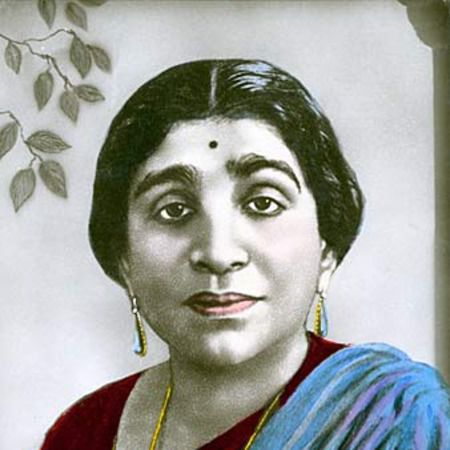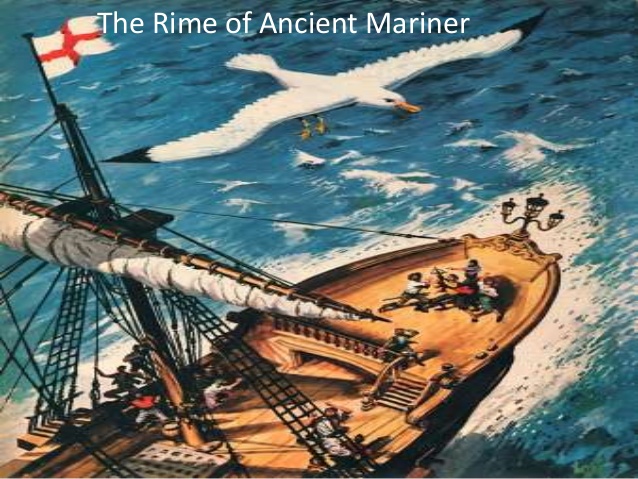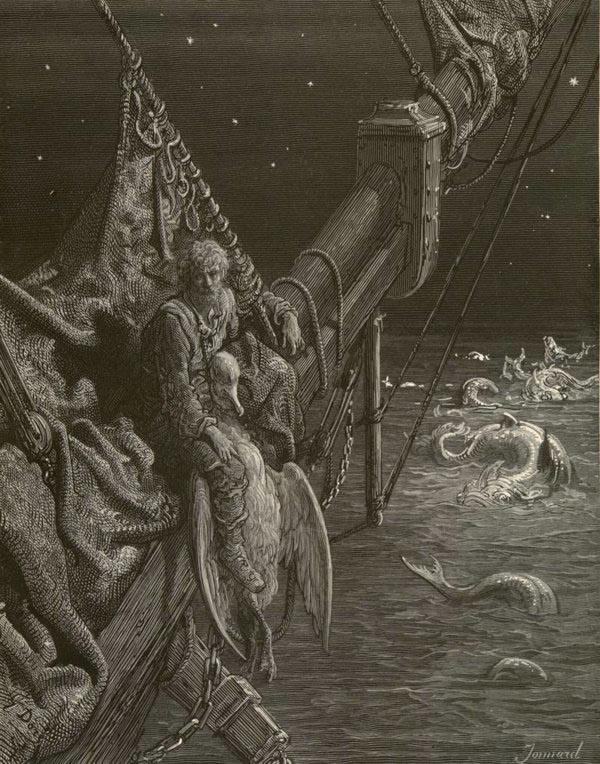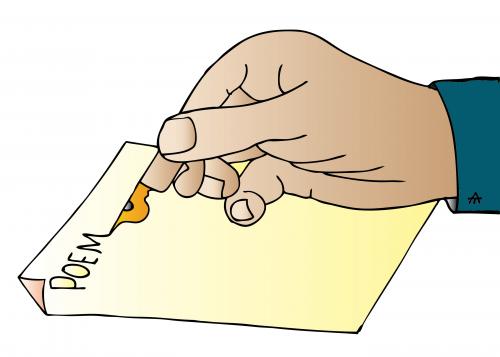Critical Analysis of Follower:
This poem is certainly a personal reminiscence, but it represents a cultural memory as well. In the Ireland that has become fully industrialized, farming is discounted as a non-sustainable way of life. However, Heaney revisits the pre-industrial past of Ireland in this poem. He shows how Ireland has survived for generations as a primarily agriculture-based economy. In fact, what is most noticeable about the pre-industrial Ireland is that it was not as dehumanized as the present Ireland. While industrialization has alienated man from his land and his fellow beings, the agricultural past, in fact, bought and kept the man close to both. Working on the land bred every little boy’s admiration for his father, and strengthened the bond between them. As a result, every boy wanted to grow up and be just like his father. This was how farming came to be an occupation that survived for centuries in Ireland being passed from one generation to the next. However, the negative side of this kind of familial bond is that it excludes women entirely. This is not so much a negation of women as an accidental omission of women on Heaney’s part. His focus is on building up a distinctly Irish sense of identity by going back to the past, but he does not give too much attention to making that identity inclusive in nature. It builds up a masculinist view of Irish identity and gives the Irish people the kind of self-confidence to realize that they are not merely a colony of the all-mighty England, but a nation that has its own heritage. If this was, in fact, Heaney’s aim in writing the poem, then he has certainly been very successful.
Poetic Devices in Follower:
Rhyme scheme:
Each of the six stanzas in this poem follows the same simple rhyme scheme – ABAB. This is perhaps because the poem is meant to be written from the point of view of Heaney’s childhood self.
Rhetorical devices:
1st stanza:
Simile:
This rhetorical device is used when an overt comparison is made between two different things. In this stanza, the poet uses the device of simile when he compares the arching of his father’s back with a sail as it swells in the wind, and also uses the word “like” while making this comparison.
6th stanza:
Transposed sentence:
Poets often change the sequence of words in their lines in order to maintain the rhyme scheme chosen by them for that particular poem. In this stanza, the poet uses the device when he writes “I was a nuisance, tripping, falling/Yapping always” instead of writing “I was a nuisance, tripping, falling/Always yapping”, the latter being the more grammatically correct of the two.
Stanza-wise Annotation of Follower:
Please note: N= noun, V=verb, Adj=Adjective, Adv=Adverb, P=Preposition
1st stanza:
Horse-plough (N): A large farming implement with one or more blades fixed in a frame, drawn over soil to turn it over and cut furrows in preparation for the planting of seeds, which is pulled by a horse
Globed (V): Past participle form of the word “globe”, that is, to form (something) into a globe or a spherical structure
Sail (N): A piece of material extended on a mast to catch the wind and propel a boat or ship or other vessels
Strung (V): Past participle form of the word “string”, that is, to hang (something) so that it stretches in a long line
Shafts (N): Plural form of the word “shaft”, that is, each of the pair of poles between which a horse is harnessed to a vehicle
Furrow (N): A long, narrow trench made in the ground by a plow, especially for planting seeds or irrigation
Strained (V): Past participle form of the word “strain”, that is, to stretch (something) tightly
Clicking (V): Present participle form of the word “click”, that is, to make or cause to make a short, sharp sound as of a switch being operated or of two hard objects coming smartly into contact
2nd stanza:
Expert (N): A person who is very knowledgeable about or skillful in a particular area
Sod (N): The surface of the ground, with the grass growing on it; turf
Headrig (N): (In a sawmill) the carriage and saw used in cutting a log into slabs
Pluck (N): A light pull
3rd stanza:
Reins (N): Plural form of the word “rein”, that is, a long, narrow strap attached at one end to a horse’s bit, typically used in pairs to guide or check a horse in riding or driving
Narrowed (V): Past participle form of the word “narrow”, that is, to almost close (one’s eyes) so as to focus on something, or to indicate anger or other emotion
Angled (V): Past participle form of the word “angle”, that is, to direct or incline at an angle
Mapping (V): Present participle form of the word “map”, that is, to record in detail the spatial distribution of (something)
4th stanza:
Stumbled (V): Past tense of the word “stumble”, that is, to trip or momentarily lose one’s balance; almost fall
Hob-nailed (Adj): Having or decorated with a raised pattern of short heavy-headed nails used to reinforce the soles of boots
Polished (Adj): Shiny as a result of being rubbed
Dipping (V): Present participle form of the word “dip”, that is, to put or let something down quickly or briefly
Plod (N): A slow, heavy walk
5th stanza:
Stiffen (V): Make or become stiff or rigid
6th stanza:
Nuisance (N): A person or thing causing inconvenience or annoyance
Tripping (V): Present participle form of the word “trip”, that is, to catch one’s foot on something and stumble or fall
Yapping (V): Present participle form of the word “yap”, that is, to talk at length in an irritating manner
Central Idea of Follower:
The poet’s father is an expert farmer, and watching him at his work makes the poet admire him deeply as a child. The poet wants to be a farmer as well when he grows up. When this wish finally comes true, his father takes on the role of follower that he had previously undertaken.
Themes of Follower:
Farming as a masculine enterprise: Heaney describes the Irish people’s past as a farming community, and how it breeds admiration of son for a father. Millions of boys like the poet want to grow up and be like their fathers, but not like their mothers (even though women also engaged in farming at the time). Hence, the poet’s vision of Ireland’s agricultural past shows it to be an entirely masculine task.
Masculinist ethos of national identity formation: By showing how farming is a masculine enterprise and saying that farming is an essential part of Irish identity, the poet is giving Ireland a masculinist identity. Such an identity will help to resignify Ireland from a meek (read: feminine) colony of England to a nation in its own right. Such subtly gendered concepts may miss the average reader’s eyes, but they need to be kept in mind in the spirit of a truly critical reading of the poem.
Farming as a sustainable livelihood: Once industrialization has happened, farming starts to be dismissed as a viable means of livelihood. However, in this poem, the poet shows that generation after generation wants to continue farming for they want to be like their forefathers. Hence, farming is given a sense of dignity and shown to be a sustainable way of life.
The tone of Follower:
The tone of this poem is predominantly one of deep admiration while the role of the poet is limited to that of the follower. However, in the last stanza, when the roles of the poet and his father have been reversed, a tone of irritation comes into his voice. He says that his father will not let him work in peace, but perhaps this is his way of looking back at the past through his father’s eyes, for he had also annoyed his father in the same way at one point of time.
Conclusion:
All in all, there is no way to deny that “Follower” is a heart-warming poem. The familial bond that Heaney describes is very relatable. He is also successful in reclaiming Ireland’s past as a glorious time that needs to be created once again in the present.
Some online learning platforms provide certifications, while others are designed to simply grow your skills in your personal and professional life. Including Masterclass and Coursera, here are our recommendations for the best online learning platforms you can sign up for today.
The 7 Best Online Learning Platforms of 2022
- Best Overall: Coursera
- Best for Niche Topics: Udemy
- Best for Creative Fields: Skillshare
- Best for Celebrity Lessons: MasterClass
- Best for STEM: EdX
- Best for Career Building: Udacity
- Best for Data Learning: Pluralsight














